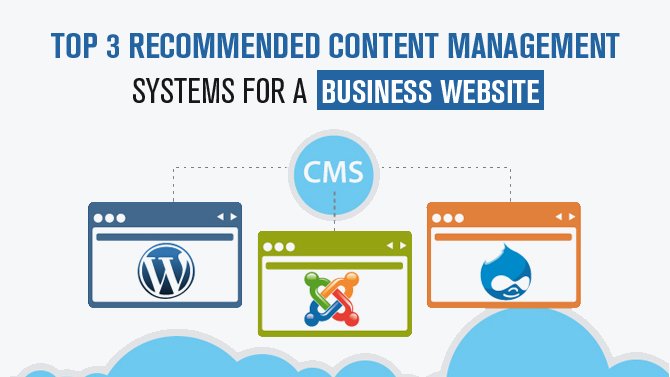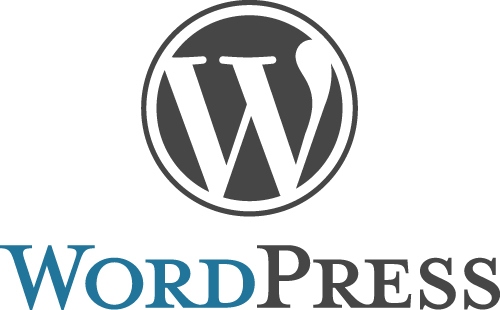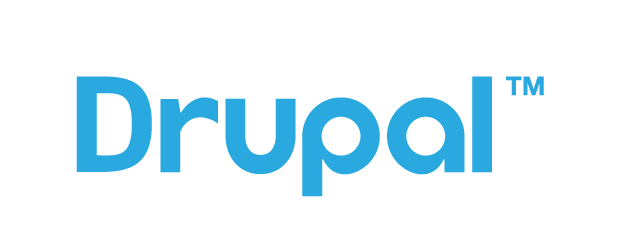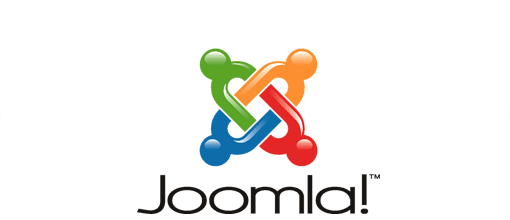Our Offices
USA OFFICE
937, Shore Point Court, # G313,
Alameda - 94501, California, USA.
INDIA OFFICE
C - 81C, Sector - 8,
Noida 201301, UP


The tsunamis of search engine algorithm updates have completely reshaped how businesses conduct online marketing. The focus has shifted to high quality and unique content, without which it would be impossible for a site to rank high in Google.
With the constant need for fresh content, content management systems or CMS have become inevitable for business websites in order to easily update their web properties with new content easily.
There are a number of CMS out there. The question is which one should you use? Here are three of the best content management systems business sites should definitely check out.
WordPress

If you’re into blogging, WordPress should not be something foreign to you. Today, WordPress has become a household name in the field of CMS. Using a WordPress website design has a number of advantages. One of these is that WP is relatively easy to use and almost everything is documented making it easy for novice content managers to work their way around this platform. Thanks to the intuitive and user friendly backend layout. There’s an auto update for both the plugins and the core, eliminating the need to download files.
Another advantage of using WordPress website design is that the people using the said platform is an active bunch. There is a wealth of materials and resources, extensively documenting the things that they have done to-date making replication an easy task.
Drupal

Unlike WP which is operating on a blogging platform, Drupal is what you may call a 100% hardcore content management system. Many web design companies are offering Drupal customization services proving that it is a popular choice among business websites.
One of the great things about Drupal is you are given a multitude of optional modules allowing you to add features to your site such as user blogs, profiles, etc. Also, by utilizing third party modules, content managers or web administrators don’t need to break a sweat in creating site clones.
Just like WP, the community of Drupal is a very active one which is why the Drupal customization services offered by many design companies are very robust and one of the most extensive across all content management systems.
Joomla!

Another staple in a web developer’s toolbox, Joomla, just like Drupal, is a 100% CMS with highly advanced functionalities and features. However, don’t get intimidated with Joomla development as kicking off a project in this platform is relatively easy. It has a no-nonsense installer that runs on shared hosting packages.
Joomla development as mentioned is much more sophisticated, so this is probably not the platform you should use if you’re talking about very simple content management needs. The administration panel has a great-looking interface filled with highly intuitive features.
The downside of using Joomla is that most of its plugins and themes are not free. So, if you’re thinking about personalized Joomla development, it’s going to cost you a few bucks.
Subscription Implies Consent To Our privacy Policy
7 Reasons Why Internet Marketing Is Important For Your Business
The 10 Advantages of Using WordPress for Developing Business Website